Text
everyone please read this and share if you can.
Brazil is going through one of the worst climatic crisis ever seen.
i live in the southernmost state, Rio Grande do Sul. we have been suffering from extreme, nonstop rainstorms for a week now. the rivers are flooding, reaching 4-6 meters above their natural level. people are being rescued by helicopters, neighborhoods are being evacuated. entire cities are slowly but surely becoming submerged in water. 60 people missing and counting. 32 deaths and counting.
and this is not new. last november also had a flood like this one. 50 dead, many material losses. it happened again this january, with thousands being left without power or water for days.
three catastrophical disasters within less than a year. three disasters only a few months apart.
this is not natural.
unsustainable agricultural practices and politics led to this. a complete disregard for nature led to this. greed led to this. always greed.
when it comes to the climate crisis, i cannot stress this enough: we need to act now if we still want to live. disasters like this are going to happen more often and they're going to be much, much worse. this flood is being considered the worst climatic catastrophe in the history of my state. i don't know how long it will take for another bigger one to happen and take its place. i just know it will be sooner than it should.
links to donate (if you can't donate, sharing already helps a lot):
link for non-brazilians (paybox)
link for brazilians
pix assufrgs
will update more links later. in the meantime, pray for us.
23K notes
·
View notes
Text
日本の歴史366 Day 31
1月31日 Summary:
I FINALLY CAUGHT UP--NOW I ONLY HAVE TO DO ONE PAGE A DAY! HALLELUJAH!
*cough* moving on...
I'm sure many of us have heard of women's-only passenger cars in Japan. The adoption of such train cars in Japan didn't come into practice until around the end of the Meiji era. They were first introduced on what is now known as the Chuo Main Line to keep female students separated from male students. Nowadays, women-only cars on trains are commonplace and are used as a measure against chikan.


Vocab beneath the break:
女性専用車両 じょせいせんようしゃりょう women-only passenger car/carriage (e.g. on a train)
登場 とうじょう entrance; introduction (into a market)
男子 だんし men; male; boys
乗る のる to get on (train, plane, bus, ship, etc.); to get in; to board; to take; to embark
専用 せんよう (one's) exclusive use; private use; personal use; dedicated use; use for a particular purpose
安心 あんしん relief; peace of mind
電車 でんしゃ train
運行 うんこう operation (of a bus or train service); service; running
始まる はじまる to begin; to start
鉄道 てつどう railroad; railway; rail transport
初めて はじめて first time; for the first time
採用 さいよう use; adoption; appointment
こちら this way; this direction; here
入る はいる to enter; to come in; to go in
走る はしる to run (of a vehicle); to drive; to travel; to move
当たり前 あたりまえ usual; common; ordinary; commonplace; the norm
最初 さいしょ beginning; outset; first; onset
当時 とうじ at that time; in those days
中央本線 ちゅうおうほんせん Chuo Main Line
沿線 えんせん alongside a railway line, bus route, major thoroughfare, etc.
女学校 じょがっこう girls school
朝夕 あさゆう morning and evening; from morning until night; constantly
通学 つうがく commuting to school; school commute
女学生 じょがくせい female students; schoolgirl
乗車 じょうしゃ boarding (a train, bus, etc.); getting into (e.g. a taxi)
時間帯 じかんたい period of time; time slot
本格的 ほんかくてき full-scale; full-blown; all-out; full-fledged
運用 うんよう making use of; application; practical use; effective management (e.g. of funds)
41 notes
·
View notes
Note
Hi, im currently learning italian and ive hit a road block. Is there a rule for when to use a definite article before a noun? Because i cant figure it out. Im learning italian through duolingo and many extra online resources, and my findings are inconclusive :/ so from a native italian speaker, whats your opinion?
i hope i don’t embarrass myself with something i’ve known my whole life
definite articles are used in the sentence to determine, to indicate a specific subject or to refer to something that you’ve already mentioned.
they can refer to people, animals, objects, concepts and they have the same gender (masculine or feminine) and number (plural or singular) of the name they’re next to, so in italian you have:
il, lo, l’(masculine and singular)
la, l’ (feminine and singular)
i, gli (masculine and plural)
le (feminine and plural)
you choose them accordingly to the sound of the consonant/vowel that follows, generally:
lo (pl. gli) is used before masculine nouns beginning with s + consonant, z, y, ps, pn, gn
il (pl. i) is used before masculine nouns beginning with all other consonants
la (pl. le) is used before feminine nouns beginning with any consonant
l’ (pl. gli/le) is used before nouns beginning with vowels
when to use them:
when you’re talking about a specific thing: “la casa di luca” (= luca’s house), you’re referring to a specific house - that house, the one that belongs to luca
when you’re talking about something you’ve already mentioned: “sulla scrivania c’è una penna e una matita. passami la penna.” (= there’s a pen and a pencil on the desk. give me the pen.)
when you’re talking about a whole class of elements: “i viaggi sono costosi” (= all trips are expensive)
before the days of the week to indicate a repeated, habitual activity: “il sabato non studio” (= on saturdays i don’t study)
before geographical destinations, like: continents (l’Asia), countries (l’Italia), regions (la Toscana), large islands (la Sicilia) and so on
this is what i can think of on the top of my head, i hope this helps 💛
28 notes
·
View notes
Photo

This summer if you have the time off maybe try picking up a completely new language! The challenge lasts for however long your summer break lasts and you;
1) pick a completely new language you’ve never studied before
2) make a realistic goal for what you want to achieve out of this time (e.g. reading a beginning book in your target language, maybe having a short conversation with a native/advanced speaker, finishing a Duolingo tree etc)
3) commit to practicing it for a allotted time everyday (it could be 20 minutes to 2hrs everyday what matters is that you stick w/ it!)
4) immerse yourself in that language; listen to music and podcasts, watch movies and tv in your target language, change your tech to the target language-really surround yourself w/ the language
If you decide to take on this challenge make an intro post describing;
who you are
your target language
why you are choosing that language
what your goal is
how long you have for break/summer
tag it with #summer language challenge
Then every week
post abt something related to your target language (e.g. good movie you watched, cool words, accomplishments you made, vocab you learned etc)
post something in your target language (it can be anything)
progress on your goal(s)
tag it with #summer language challenge
At the end of your break make a post abt how you did. Hopefully you’ll have exceeded your expectations and gotten a solid foundation in your target language while having a series of posts that document your journey!
4K notes
·
View notes
Text
231019 Vocab I learned from EBS Documentary Program '책맹인류'
youtube
난독증: dyslexia
글자를 읽고 이해하는 데에 어려움이 있는 증세.
A symptom with which one has difficulties in reading and understanding written characters.
청천벽력: bolt from the blue
(비유적으로) 맑은 하늘에서 갑자기 치는 벼락이라는 뜻으로, 뜻밖에 일어난 큰 재앙이나 사고.
(figurative) A sudden stroke of lightning from a clear sky, used to mean an unexpected disaster or accident.
문맹: illiteracy
배우지 못하여 글을 읽거나 쓸 줄을 모름. 또는 그런 사람.
The state of not knowing how to read or write because one has not learned to do so, or such a person.
연관되다: be related, be connected
둘 이상의 사물이나 현상 등이 서로 관계가 맺어지다.
For two or more things or phenomena, etc., to be connected or related to each other.
해독하다: comprehend; interpret
어려운 구절이나 글 등을 읽어 뜻을 이해하거나 해석하다.
To read a tricky phrase or text to understand or interpret its meaning.
상당하다: good; respectable
수준이나 실력, 정도가 꽤 높다.
A level, ability, or degree being quite high.
빈익빈: the poor get poorer
가난할수록 더 가난해짐.
A state in which poor people become poorer.
부익부: the rich get richer
부자는 더욱 부자가 됨.
A phenomenon whereby wealthy people get even wealthier.
도달하다: get to
목적한 곳이나 일정한 수준에 다다르다.
To arrive at a destination or reach a certain level.
추론: inference; deduction; reasoning
미루어 생각하여 옳고 그름을 따짐.
An act of judging what is right or wrong after thinking about something, with a consideration of some factors.
응집: cohesion; condensation
흩어져 있던 물질, 세력, 힘 등이 한데 엉겨 뭉침.
The state of scattered substances, groups, power, etc., being combined and united.
정교하다: sophisticated; refined
내용이나 구성이 정확하고 자세하다.
Precise and detailed in content or organization.
유일무이하다: one and only
둘도 없이 오직 하나뿐이다.
Being the only one.
20 notes
·
View notes
Photo
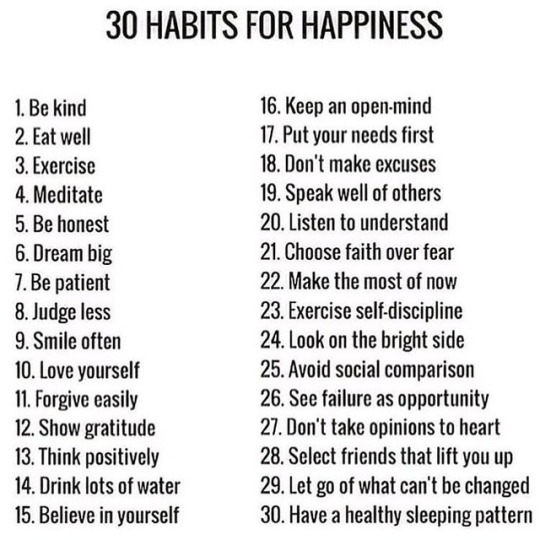
Which habits are you adopting in 2018? Comment below!
5K notes
·
View notes
Video
youtube
My latest Korean vlog: Sunday in Johannesburg
한국어로 남아공을 소개하는 영상을 찍었어요! :)
PS What do y’all think about the new YT layout and branding? The logo is fine but I can’t get used to all the white space in the layout. Eek!
18 notes
·
View notes
Text
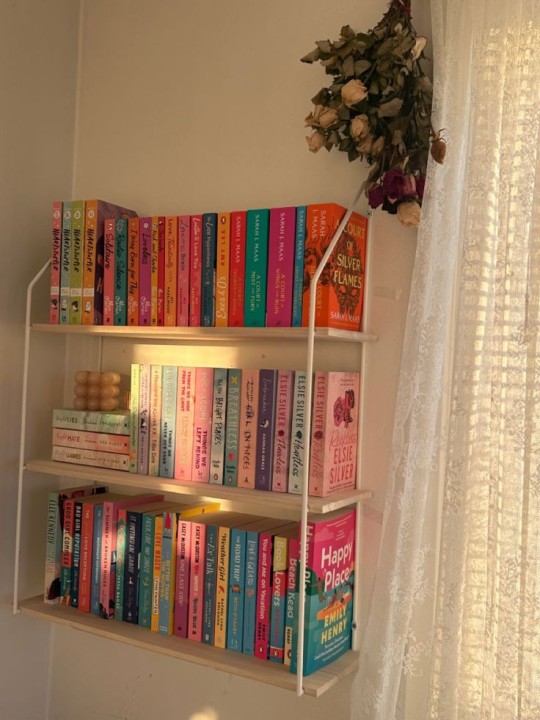
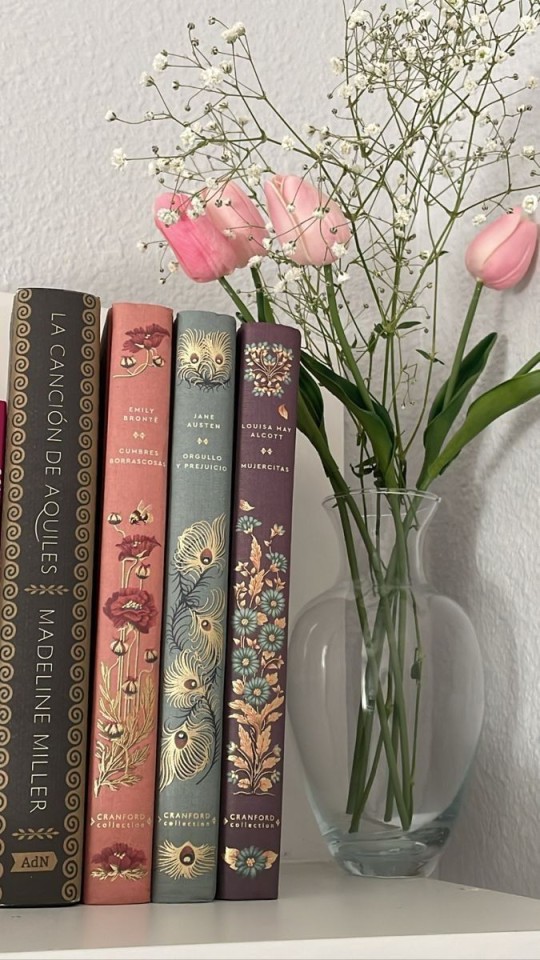
22–01–2024, Monday
learnt psych chapter
made notes for new psych chapter
revised Respiration
revised structure of atom
conic sections
171 notes
·
View notes
Text
Resources I'm using right now to study Korean by myself (Sept. 2021)
Vocabulary
Korean Vocabulary by Evita (link)
(this link goes to her Anki page that you can download and import on your own anki to use it)
What I personally did was import it into my anki, export it as a txt. file and then pasted it on an excel file.
So in that way I have the list of all the vocabulary for a better self-control and I copy them in my memrise deck.
On excel I highlight in yellow the words I already know and in green the ones I don't know and I need to add to my vocabulary deck.
This deck has over 5000 words so you will use it for a good while hahah.
Grammar
Talk to me in Korean (TTMIK) Lessons
I was using the Korean in Grammar In Use books (I finished the first one and I started the first chapter of the second one) and I highly recommend them but right now I'm really busy with college so I had to squish my time to study Korean. That's why I decided to use the lessons TTMIK offers since they are short and I can do them faster.
Extra
Daily Routine in Korean by TTMIK
I finished this book a few days ago and it was really helpful now that I'm more advanced in my learning (I tried to use it when I just started and it was impossible for my brain to remember the phrases and make them make sense).
Resources made by me
Vocab deck (link)
This deck is made by me with all the resources I have used so far for vocabulary til now. The levels are divided in 1000 words each cause I think that helped better with my organization. If you decide to use it, I hope it can be helpful for you ^^
Hanja deck (link)
I made this one using the guide of Hanja made by How To Study Korean (link). It's a great guide, and I recommend it if you are interested on learning some hanja.
My deck has 260 hanjas that I found the most useful and interesting. Right now I'm not studying hanja anymore cause I think the ones I learned are enough according to the level where I am now, and I wanna use that time to learn more things in Korean properly. That's why, if you wanna learn them all I recommend you the guide made by How To Study Korean.
I hope this can be truly helpful for anyone who needs it.
I will try my harderst to post more often, specially lessons and vocabulary lists.
Thank you to everyone who follows the blog, I hope it can be useful to yall. And also thank you for everyone who follows me on Instagram (@/itslostfocus) where I post daily pics -not so daily, sorry I've busy- of my progress learning Korean.
Happy learning everyone! ^^

267 notes
·
View notes
Text
Journey to Fluency - Steps I follow
Objective
The idea is to arrive to an advanced level in July 26th 2022.
To calculate this I searched how many hours it is needed to reach the fluency in Korean. Internet says that it is around 2500 hours seeing the kind of language it is (type 5 if I remember well). After some more research I realized that in general, I would spend like 3 hours every day in contact with Korean in an indirect or passive way, so I decided to extend that to 4 hours and mix both, active/direct and passive/indirect learning.
I do these 4 hours during the day not to overwhelm myself, also cause I have other stuff to do lol
Daily routine
1) 20 new words
I copy them from a list on an excel file to have them in a table form with the meaning and examples.
Then I make flashcards with their meanings and a picture (I'm a visual learner). I use quizlet but use any flashcards system you want. The important is to make them and review them right away and any time you want. In my case I play basically all the modes quizlet has.
After that, you will see which words are the hardest for your mind to stick with. Then write then down with an example from a dictionary to give it a context and make the correlation between the word and the meaning easier. I use the method explained by Lindie Botes here and has worked so well! Aka red for Korean, blue for English and black for the examples (I write these examples on the excel).
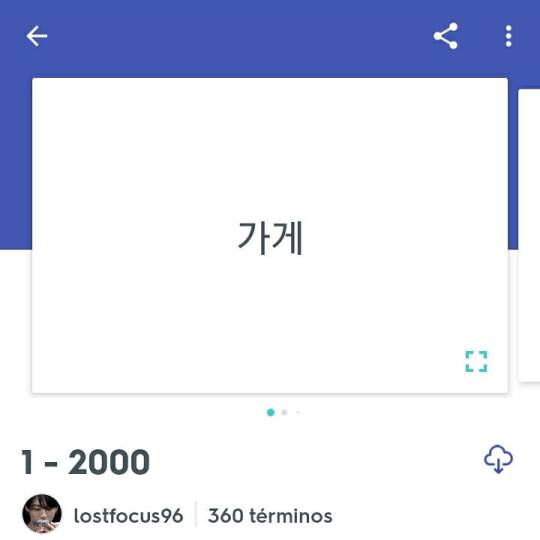

2) Grammar point
I study 1 grammar point per year. Until now I'm reviewing what I have already learned cause grammar is the hardest thing for me to remember and I always tried to hurry things up to "learn more" and all I did was read but not actually learn. Don't make the same mistake! Allow yourself to take your time to learn well
To study better I have made a flashcards deck when I write the name of the grammatical structure and what it's used for. Also I have made like a table where I write examples, the usage, the sequence, how it changes if the previous word ends in a vowel or consonant etc.

3) Hanja (한자)
After like a week or so into the routine I realized that my brain works better learning words individually and then making sentences and phrases from them, instead of learning full sentences. So to use that, I decided to add hanja as a way to help me to learn vocabulary better since in that way I can connect and relate words based on their origin. It's pretty cool and til now it hasn't been something too complicated for me, it just requires practice.
I do 3 hanja characters per day using the lessons from How To Study Korean here and take notes (there are books, apps, videos based but I find this way better for me). Then make flashcards and review them, and I write them down on an excel file as it is a table so I can have a record of everything and an easier way to review.
I personally recommend to start with hanja once you are used to read hangul and have a good base of basic vocabulary so it won't be confusing. But well you decide according to your situation.
(Plus if you want to learn Japanese, as I do, it will be super useful cause it's the same -except for some points- than kanji so. And well of course really helpful if you want to learn Chinese since these are chinese characters)
4) Listen / Read / Watch
This is basically all the passive/indirect way of learning. Add playing games if you want lol.
I don't take notes of anything I see in here cause I don't want to set the mindset of "oh I need to be aware of all words to later search on naver and make flashcards". These are things I do to make my ears and brain get used to the sound of the language and be able to understand people when they speak, and also to have fun. Disconnect your learning thoughts and just enjoy what's happening, sooner or later you will see how you understand stuff just by listening and seeing.
Here I...
Listen to songs and read the lyrics.
Watch videos on youtube, variety shows, etc with korean subtitles, or without subtitles if it's something that I have already watched before.
Read webtoons or social media posts or anything you find that has Korean written.
5) Learning focused apps
The goal of the app, in my opinion, is to practice making sentences and get used to the different structures without reading them from a book or a lesson format. Also if it has a streak format it works to establish a routine.
I used lingodeer before and now I'm using duolingo. There are many more, so choose your fav ^^
I don't take notes here either for the same reason explained before.
6) Daily posts on social media
This is a way to not only keep a record of the journey, but also to interact with other learners and native speakers and to force yourself to continue the routine since you have to leave a record of it.
So don't stress yourself about making pretty notes, what matters is for to learn and proudly show how well you are doing 💜
(Optional) 10 daily phrases / sentences
When I started the journey I had this instead of the hanja, but how I explained on that point my brain simply doesn't learn from phrases, it needs to know the meaning of each word (or most of them) before forming or understanding sentences. If I don't know all the words but some of them I can already understand by context, but I need to know words. If the sentence only has words I don't know, my brain simply ignores it, even if I can read what it means.
I decided to change it cause it became really hard after some days and it was starting to make the whole routine stressing just for that.
I will see if I do it again in a future, but for now it's not something I consider lol.
The most important things
Remember to rest well, eat well, sleep well. Learning is easier like this. If you want to take a break or take naps, do it. Your brain needs energy to work, more to learn, so take care of it.
Copy this routine or make your own adding or taking things out. Do what works the best for you and spend the time you want and can on it. If you can do it for hours, great for you, if you can do it for 5 mins, great for you, all is progress. The important is to establish a routine that is easy to follow.
Enjoy every day of the journey!
Sooooooo that's all! I hope this can be helpful to anyone, for Korean or for any other language.
Happy learning 여러분! ^^

45 notes
·
View notes
Text

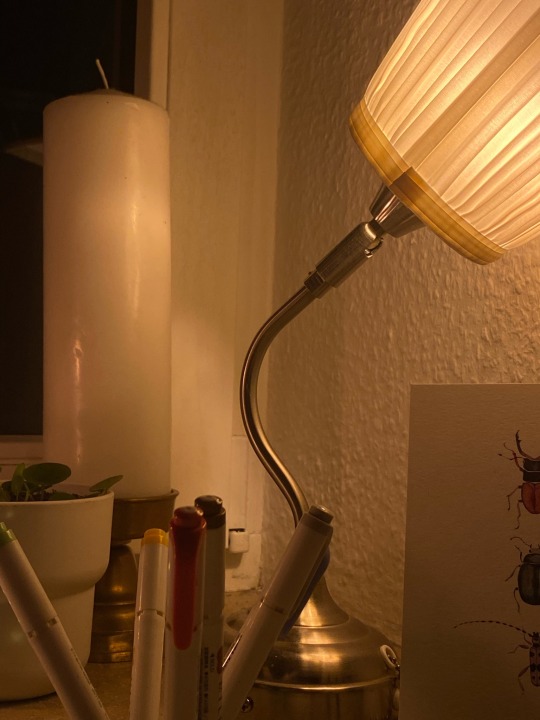
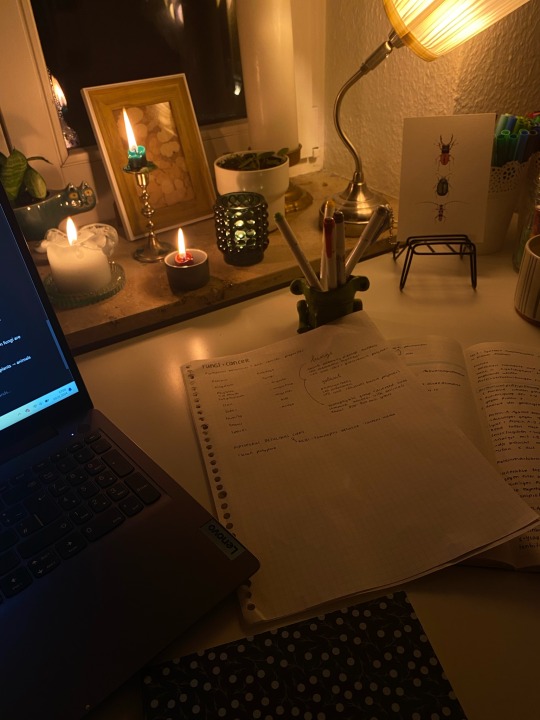
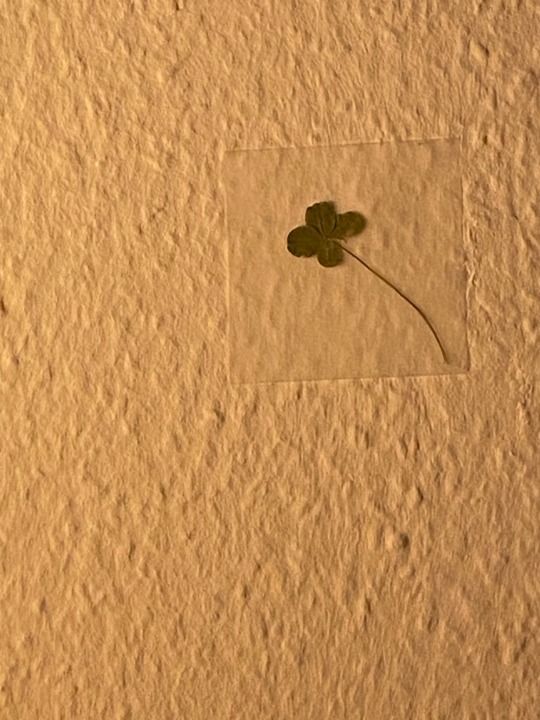
2/100 dop - 9/1/24
> worked on my presentation on fungi and cancer (which was very interesting)
> finished the book I was reading
> made some crochet progress
111 notes
·
View notes
Photo

Learning a language is not just memorizing vocabulary and grammar structures, but it is also learning about the country where it’s spoken and the culture and the people who speak it. This is why I made this challenge and I hope many langblrs will participate!
To participate in this challenge you have to learn something about the topics I’ve listed below for 30 days. You don’t have to follow the order I’ve provided and you can take breaks between tasks if you’re busy with real life. You can use whichever resources you want - the internet, books, documentaries, people living in the country you’re learning about, etc. If you want to, you can post about your progress (daily or every now and then) and tell what you have learned. If you do, please tag your posts as #langblrculturechallenge so that I and others can see what you have learned and learn something as well!
Extra challenge: learn a few new words related to the topic you’re learning about!
Topics
1. Basic information (the name of the country, location, area, capital, population, official languages, currency, time-zone, etc.)
2. History
3. Geography
4. Politics
5. Economy
6. Science, technology, inventions
7. Transportation
8. Education
9. Health
10. Population
11. Languages
12. Religion
13. Calendar, holidays, festivals
14. Traditions
15. Values and etiquette, manners and customs, taboos
16. Family
17. Cuisine
18. Clothing
19. Art
20. Literature
21. Music
22. Dance
23. Architecture
24. Handicrafts
25. Sports
26. Media
27. Folklore and mythology
28. Stereotypes
29. National symbols
30. Topic of your choice
3K notes
·
View notes
Text


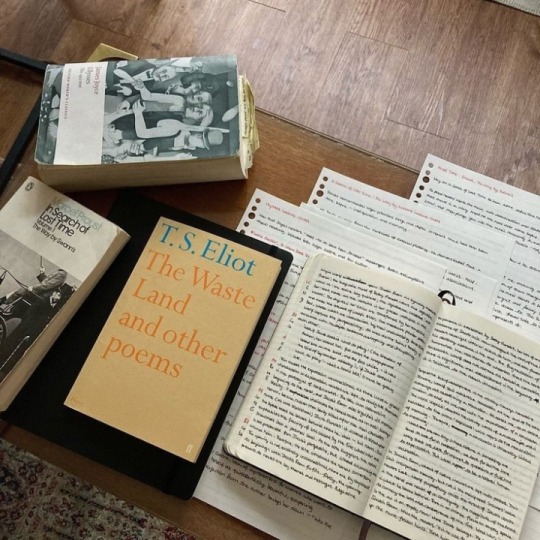
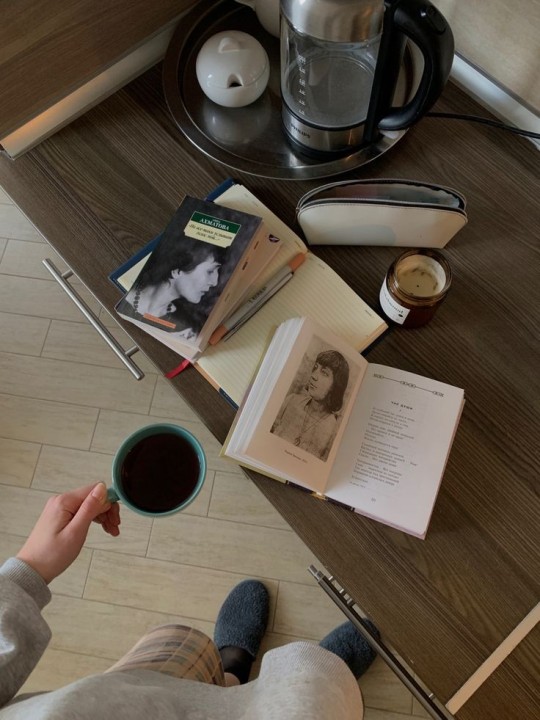
An investment in knowledge always pays the best interest.
3K notes
·
View notes
Text
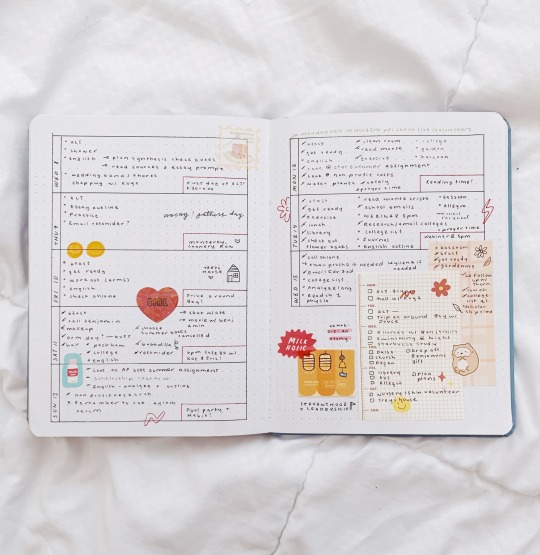
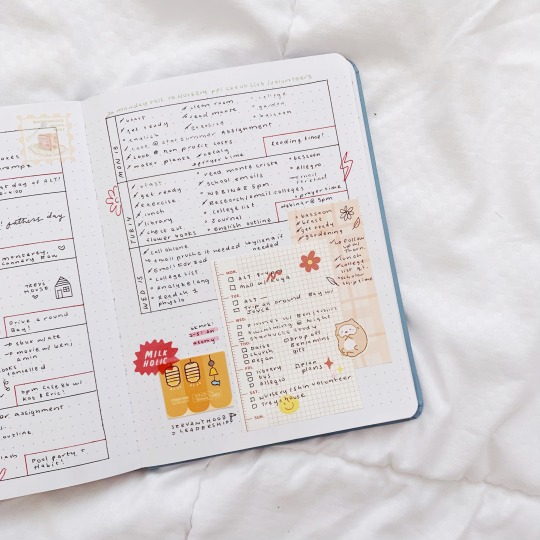
12:07pm, 06.30.22
my newest complete spread for the summertime. on to a new week!
996 notes
·
View notes
Text

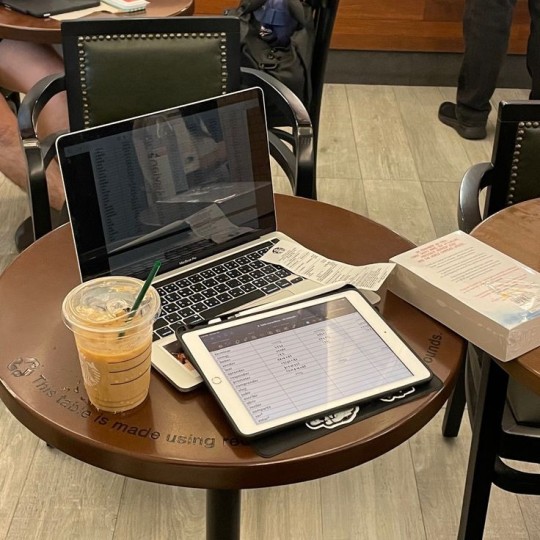
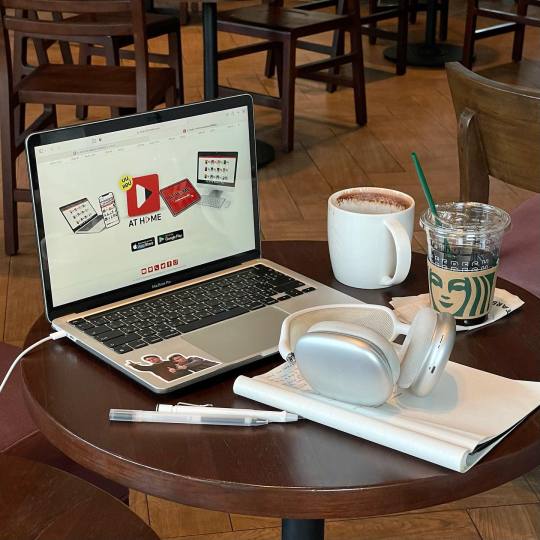
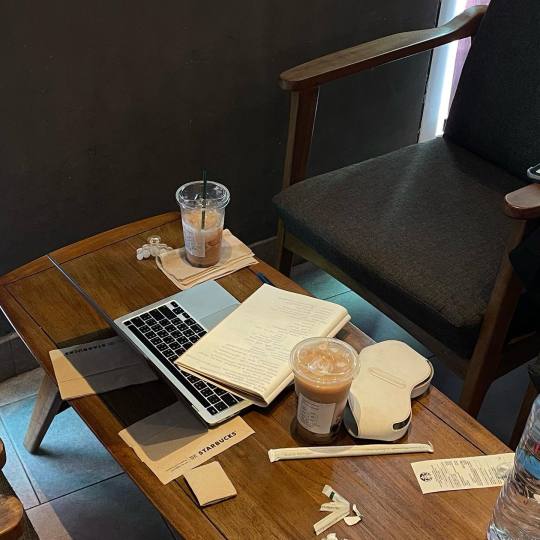
Whatever is learned with satisfaction and enjoyment stays with you forever.
1K notes
·
View notes
Text
4K notes
·
View notes
Photo
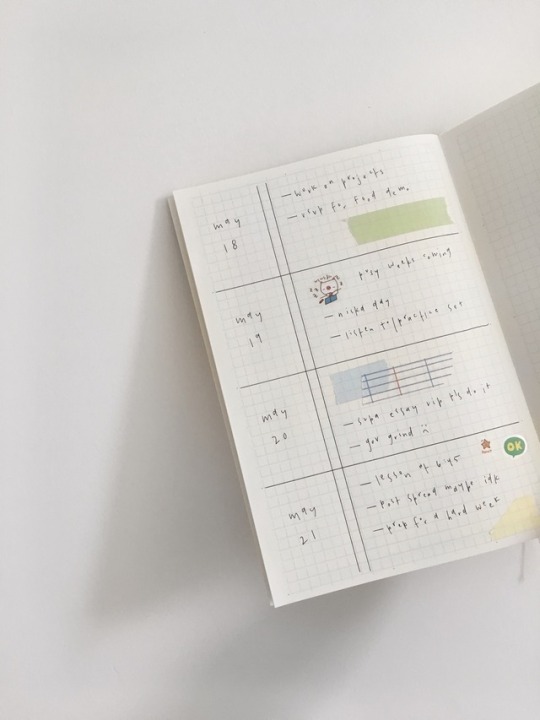
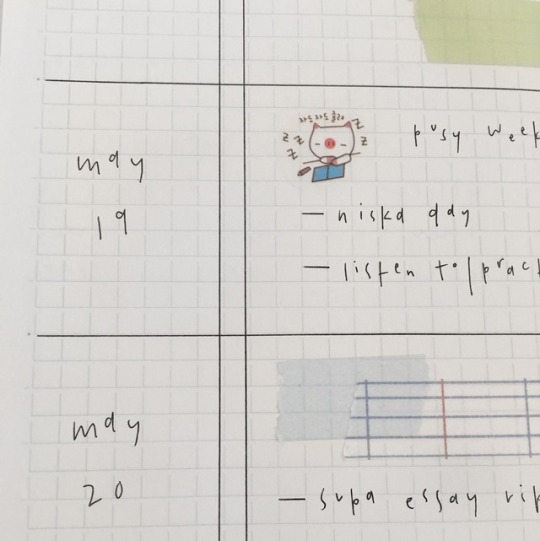
planner type spread for this week!!
layout inspo: @/1204_am ‘s old stuff
ig: kairojo
700 notes
·
View notes